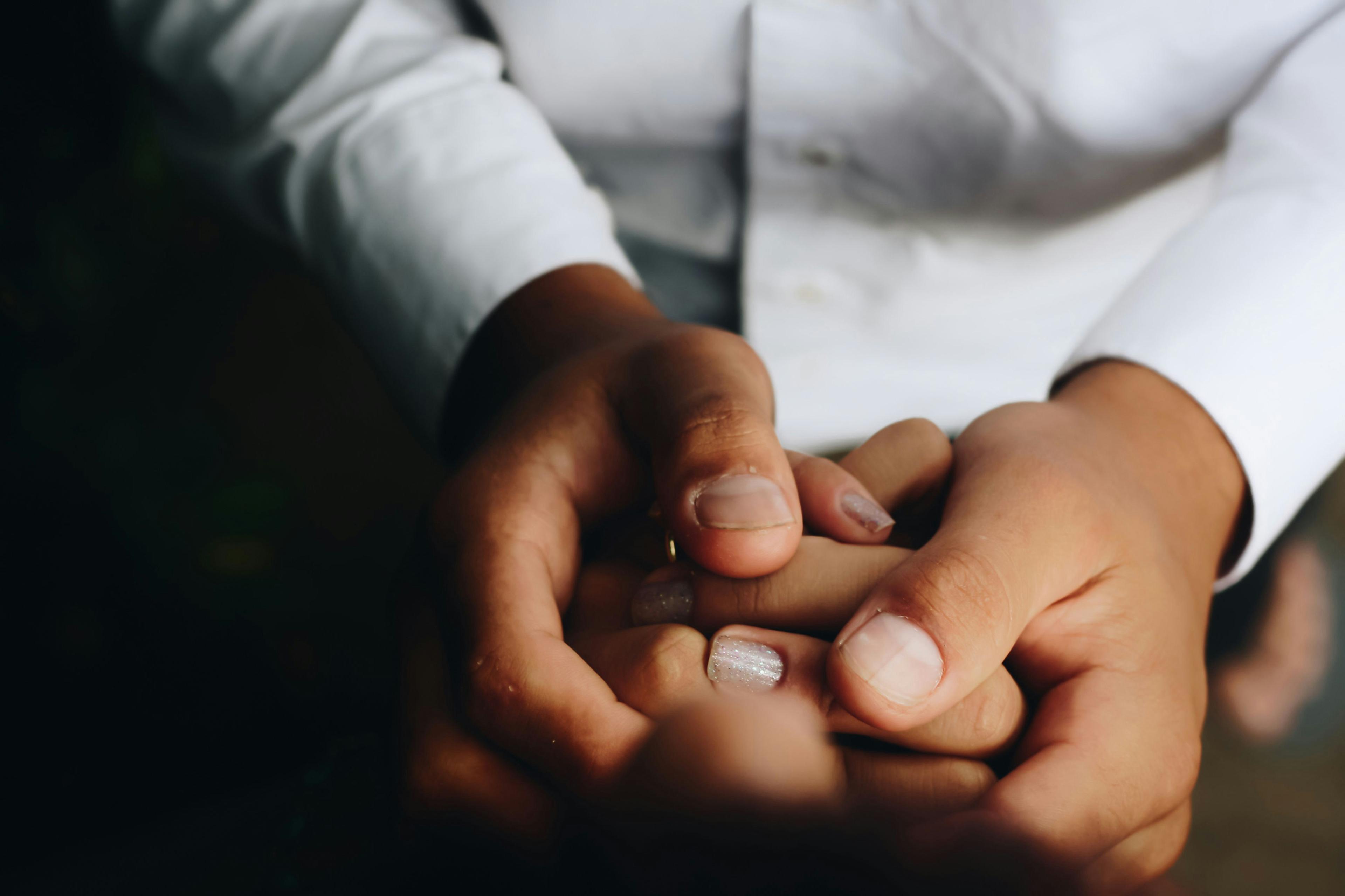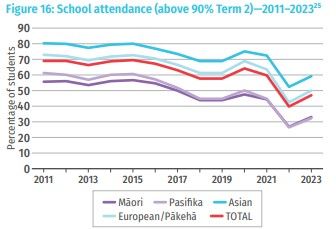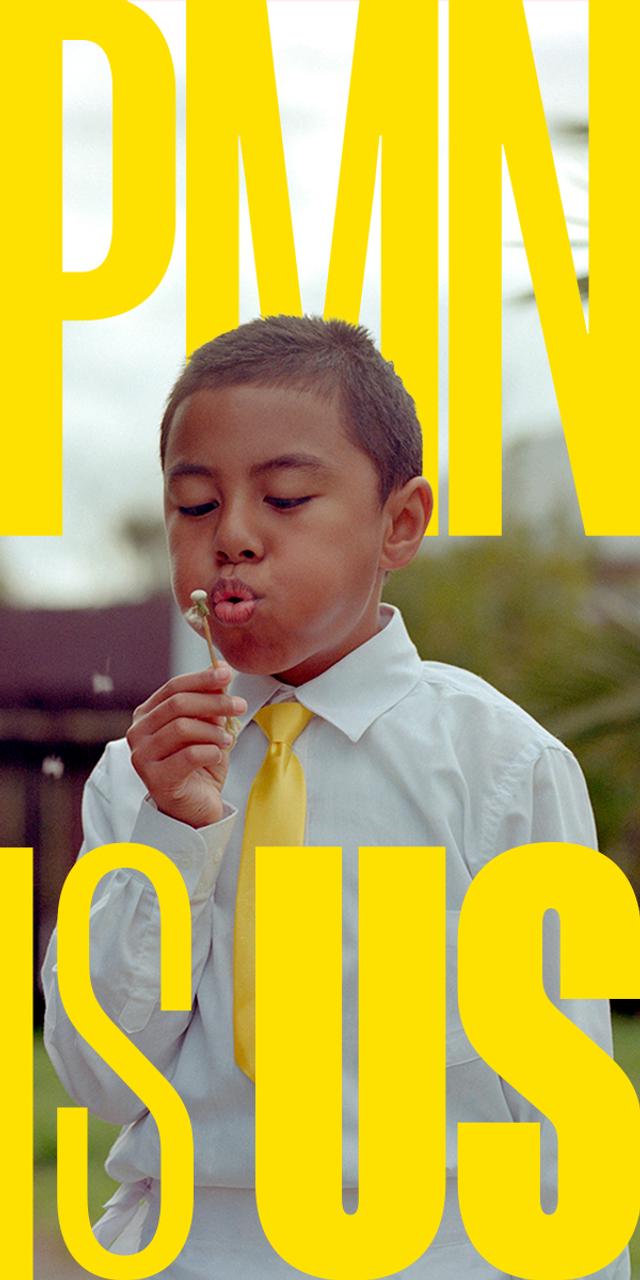

Photo/ Unsplash
State of the Nation: Pacific figures on social issues showing little progress
The Salvation Army’s State of the Nation report shows small improvements for other ethnic groups, but the inequity gap is widening for Pacific communities.
Child poverty rates, school attendance and financial circumstances are slowly improving across the county, but there's concern Pacific communities are being left behind.
Salvation Army Social Policy Analyst Ana Ika says they see the impact of social pressures first hand.
“We have lines outside our door every single morning with people looking for support in regards to food, and usually when they come in, it’s issues around income.”
The Salvation Army has released their State of Nation report, looking at housing, poverty and crime.
The total number of children living with material hardship has dropped by 30,500, but Ika says there’s still 39,900 Pacific children living in hardship, and that figure hasn’t changed since 2019.
“When it comes to material hardship, children that are not able to go to the doctors, sometimes are missing out on food, sometimes are missing out on being able to purchase warm clothing, it disproportionately impacts Māori and Pasifika children.”
Pacific children experience material hardship at more than twice the rate of Asian or European children, with four out of ten Pacific children reporting food runs out often or sometimes.
The Salvation Army gave out 92,000 food parcels last year, but Ika says the cost of living is crippling for some families.
“We’re seeing a lot more families that are working, so it’s not just our usual whānau that are coming in on welfare, but a mixture of families that are coming in that are across the board in regards to income and employment.”
The median wage for palagi men is $33 dollars an hour, compared to $28 per hour for Pacific women. Ika says this is partly due to the type of jobs, but the pay gap has flow on effects.
“We predominantly like to work in the social sector, and we predominantly like to work in services that aren’t well paid, but that do well by our communities, so that contributes to those wage inequalities.
“If we’re not getting paid enough then that spirals into our housing, that spirals into how much food we can afford when we go into the supermarket.”
Pacific workers also have a higher unemployment rate at 8.1%, compared to European workers 3.1%.
Housing
Social housing has had some improvement with 15,000 additional Kāinga Ora homes this year, but Ika says the social housing register has 25,000 applicants, and about one in seven are Pacific families.
“The challenge with having such a high number on this register is that we don’t know where those families are, they could be in transitional housing, emergency housing and overcrowded housing, as many of our Pasifika families are.”
Addictive substances
On the whole, Ika says hazardous drinking to 16 per cent for the whole country, but the drinking rate for Pacific men remains “stubbornly high” at 21.5 per cent.
“When we’re looking at alcohol in general it creates about $7 billion dollars in social harm across New Zealand, and I think that’s just the nature of how alcohol is so accepted in our society and significant work needs to be done in regards to removing bottle stores from our communities and restricting advertising around alcohol.”
School attendance
School attendance is improving since the pandemic, but regular attendance for Pacific students for Term 3 is 33.8 per cent, compared to the national average of 45.9 per cent.

Pacific school attendance is still one of the lowest out of all ethnic groups. Photo/Report
Combatting crime
The coalition government is making changes to the justice system, removing funding for cultural reports in the court process. Ika says the report suggests decisions should be about being “smart on crime and ensuring that our justice system is well equipped to deal with the elevated levels of crime in our communities”
“It’s not one mould fits all, so there needs to be alternative approaches in how we’re dealing with crime in Aotearoa and it’s not just locking everyone up and throwing the keys away.”
Social solution
It’s a dire picture, but Ika says the solution is multi-faceted.
“One of the big reasons we write this report is to give it back to the government, and say ‘this is the benchmark, this is your starting point’ and to urge the government to be able to build on the things that have worked, but also to work on the things that haven't worked.
“We can't just all depend on the government, it's a partnership thing that we need to be able to work alongside the government to enable communities to be able to do what we do best.”
Watch the full interview on Pacific mornings here:




